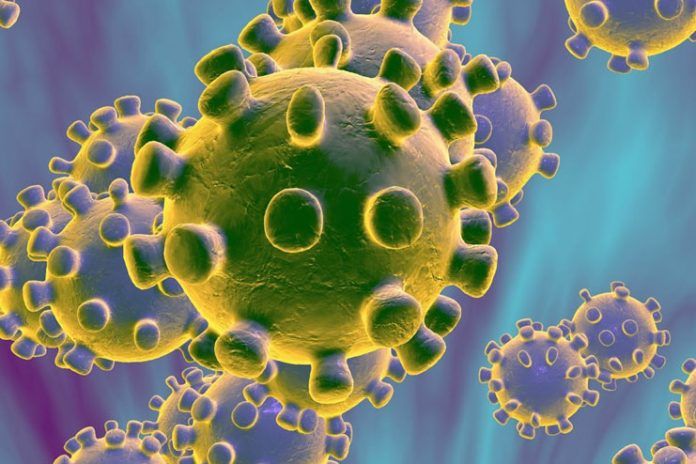Affiliate Disclaimer
Some links in this article are affiliate links. We may earn a small commission if you make a purchase through these links, at no extra cost to you. We only recommend products we find useful to our readersWhile the outbreak of Coronavirus is almost taking shape of an epidemic, especially in China, and spreading across globally, the radiologists have transcribed a new outlook on the imaging features of the virus done using a CT scan.
A new study (R) conducted by the researchers from the Radiological Society of North America has researchers describe the CT imaging features that can further aid in the early detection of the deadly Wuhan Coronavirus.
Michael Chung, M.D., assistant professor in the Department of Diagnostic, Interventional and Molecular Radiology in the Mount Sinai Health System in New York, N.Y, who is also the lead author of the study suggested saying that early detection of the condition is a necessity, especially because the early treatment has the capability for prompt treatment for faster cure. This is also expected to help promote faster patient isolation and ensuring that the containment process is a lot stricter and rigid.
The cases of novel Coronavirus stemmed from the Wuhan province of China, which has been causing issues related to the symptoms of cold and flu and even mimicking the condition related to SARS and MERS.
Thousands of people in China and a few across the world have been reported to have contracted the virus and the same has resulted in the death of over 500+ people. It was on January 30th, 2020 that United States confirmed its first case of the Coronavirus.
Following the turn of events, Dr Chung, along with his colleagues conducted a CT to establish the features of the virus for early detection and timely diagnosis.
In between the dates of January 18, 2020, until January 27, 2020, every patient that was confirmed with the case of the 2019-nCoV had to undergo a chest CT scan. Following the results of the first round of the CT scan, the researchers found the following attributes:
- Presence of ground glass opacities
- Affected lobes by the ground glass opacities
- Presence of consolidation
- Possible presence of nodules
- Reports of pleural effusion
- Presence of abnormal sized lymph nodes
- Possible issues with underlying lung disease
The results from the CT showed that the 2019-nCoV infested inside the body with bilateral ground-glass and consolidative pulmonary opacities. The additional presence of the nodules and enlarged lymph nodes further add to the detection process.
With the constant passing of the days, the researchers found that there was moderate increase in the extent along with that of the airspace opacities. The researchers also highlighted the fact saying that the absence of the standard CT results in the first round doesn’t rule out the possible infestation of the 2019-nCoV completely.
Dr Chung stated saying that the patient population in China is unique in comparison to the rest of the world around. When the CTs were being conducted, three of them reported completely normal observations which got worse three days later.
Following the third day of the CT, the patients started showcasing the presence of “solitary nodular ground-glass lesion” in the right lobe of the lungs. This is what the radiologists believe to be the first step of manifestation of the virus inside the human body.
Addressing the inefficiency to an extent, Dr Chung also commented saying that this is a clear indication of the fact that the CT scans don’t have the accuracy and might even provide with a negative predictive value of the condition. It is completely futile if the doctors base their results off of just CT scan results for driving out the virus.
This specific observation also highlights the fact that the 2019-nCoV comes with an incubation period of a few days. So, there are days when the virus hasn’t completed manifested inside the body of the victim, hence not showing up during the CT scan results.
The researchers also believe that they do need to conduct further studies on this to get a better outlook on things and understand the possible features that could easily highlight the condition better. Knowing these characteristics early of the Wuhan Coronavirus are what the researchers believe is the key to beating this condition before it becomes worse.



















